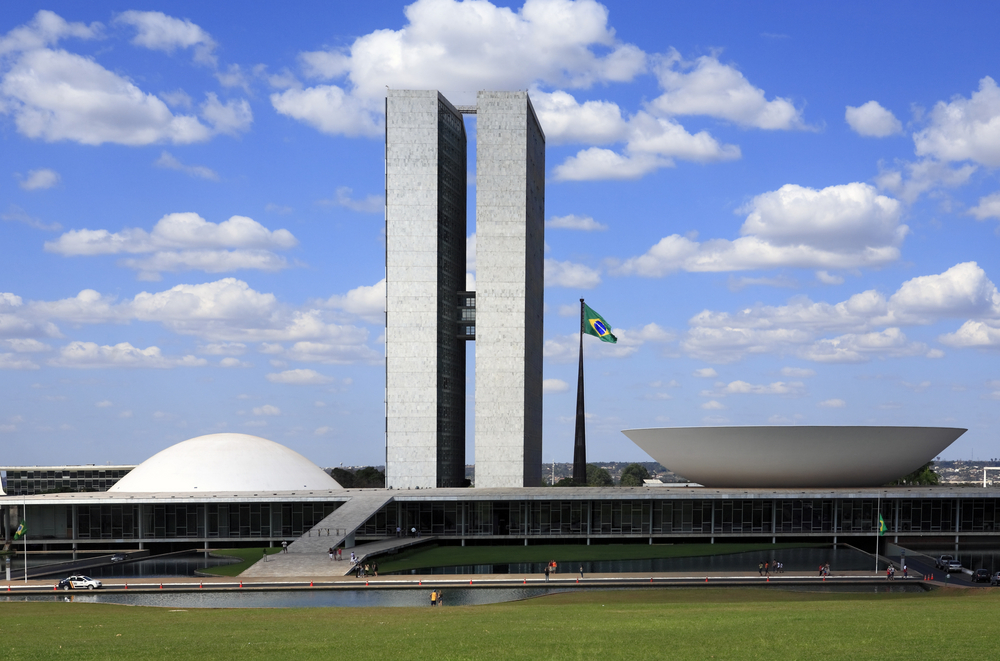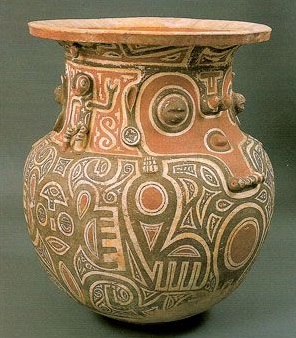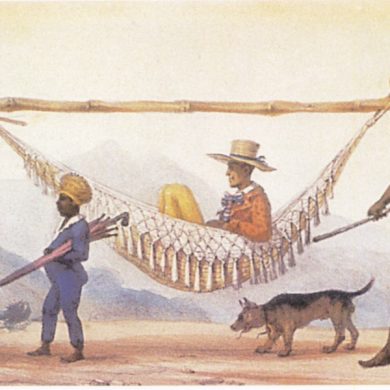From 1822, the Portuguese colony of Brazil became an independent nation.
Decolonization did not take place peacefully, the period extending until the end of the 1980s reveals a tormented Brazilian history with very a range of very different regimes (empire, oligarchic republic, dictatorship …). Since the return of democracy, this federal state has become the emblem of emerging countries and actively wants to participate in the decisions of a modern and multipolar world.

Modern history of Brazil : A royal decolonization!
During his forced exile in Rio from 1808 to 1821, Jean VI of Portugal granted several political and commercial advantages to Brazil, which became, in return for increased autonomy, closely associated with the Crown. He was also careful to have his son, Peter I, crowned regent of the territory. The latter soon came up against the parliament of the colonizer, outraged by the reforms, they demanded his abdication and his return. Peter I refused and proclaimed in 1822, during what became known as the Cry of Ipiranga the independence of Brazil. In the following years he organized the country in the form of a constitutional empire, but his strong personality quickly agitated the local political class. He retired in 1831 for the benefit of his son, Peter II.
More moderate and particularly competent, the new leader solidified the institutions, strengthened territorial unity and supplemented the important economic activity associated with the Second Industrial Revolution. He also encouraged European immigration while actively campaigning for the desertion of the slave trade.
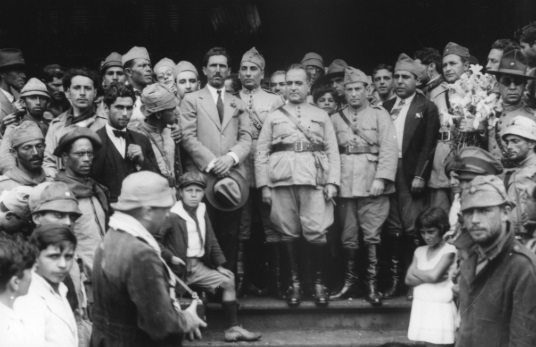
From the “old” to the “young” Republic of Brazil
In 1888, the decision to abolish slavery totally disrupted the social structure of the country and Peter II was quickly dismissed by a military revolt. Brazil then became a Café com leite republic (“coffee with milk”), directed and controlled by the large agricultural landowners, the coronels. The amendments that re – constructed its constitution were clearly inspired by those of the United States, including a federal organization and a presidential system.
The crisis of 1929 hit the exports of Brazilian agricultural materials hard and the coup d’état of October 4, 1930 replaced the republic with the populist governance of Getulio Vargas. This dynasty claimed several important advances (enlarged voting rights, improvement of the education system …), but is also distinguished by an authoritarian practice of power.
After the Second World War, Brazil entered a period of political turbulence: the few democratic episodes were counterbalanced by long and very conservative. It was not until 1979 that the Abertura, a gradual return to democracy, soon gained traction under popular pressure. Adopted in 1988, a new constitution restored the republic.
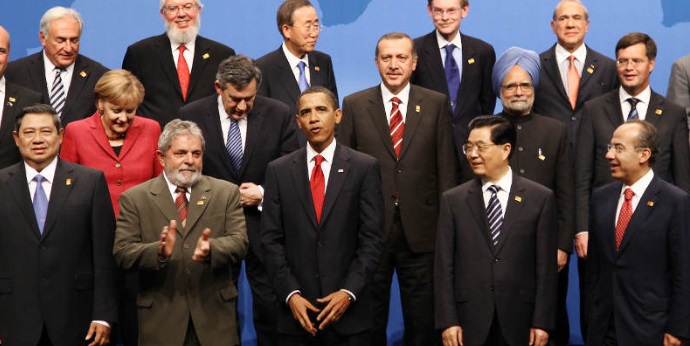
Brazil in search of global recognition
In the early 1990s, Brazil was among the most developed countries in South America, however it was challenged with runaway inflation and overwhelming external debt. The liberal reforms of Plano Real restored financial balance, but were accompanied by a net economic slump.
Favouring the development of the middle class and foreign investments, the Lula presidencies, from 2002 to 2010, helped the country return to economic growth. They also focused on improving the living conditions of the poorest, with the launch of several national programs against malnutrition and poverty.
At a diplomatic level, they pursued the ambition of transforming Brazil, a key political and economic player in Latin America, into a benchmark emerging power on a global scale (BRICS). The country is one of the permanent guests of the G20, the world’s leading financial consultative body.

A federal state soon led by a woman
It took only twenty years since the restoration of democracy to see a woman become President of the Republic of Brazil. A member of the Workers Party and a former economist, Dilma Rousseff was elected in 2010 to the highest office. In 2016, she was the victim of impeachment proceedings after which Vice President Michel Temer took office temporarily.
